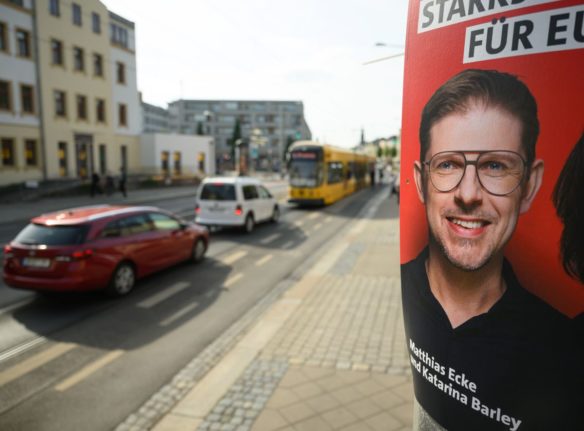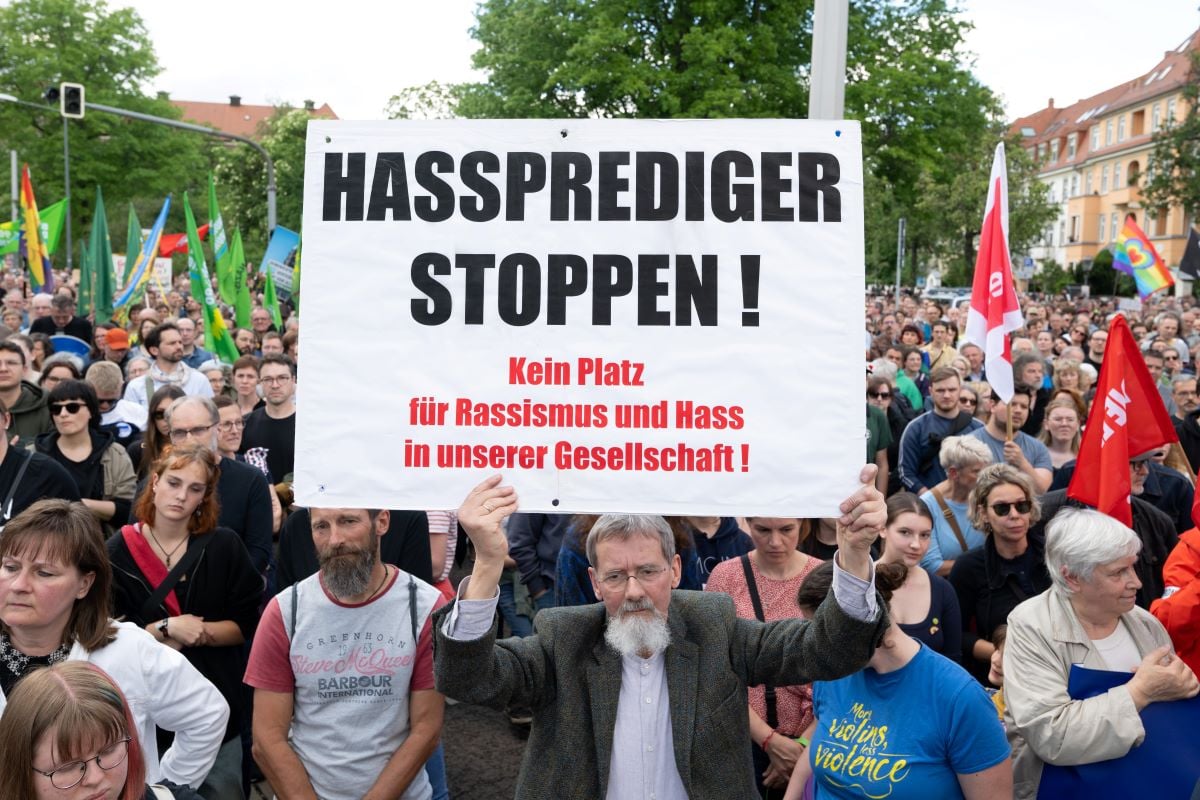On Friday, the Bundesrat, which represents the German states, approved the law that will allow the possession and cultivation of cannabis among adults in Germany from April.
Despite many points of criticism, there was no majority in favour of sending the law to the mediation committee which would have delayed the legislation.
Finance Minister Christian Lindner tweeted that “Bubatz” – the German slang word for cannabis – will soon be legal.
Soo, Bubatz bald legal. 🥦✅ CL
— Christian Lindner (@c_lindner) March 22, 2024
In order to avert the law failing, however, the government has promised to amend some of the regulations retrospectively.
It promised more support for education and prevention, especially for children and young people, as well as more flexible implementation rules. Some subsequent amendments to the law are now to be implemented before July 1st.
The German parliament (Bundestag) passed the law on February 23rd. The law will now go on to be signed by President Frank Walter-Steinmeier before it comes into force.
READ ALSO: German parliament votes to legalise cannabis
What’s in the new law?
The coalition government, made up of the Social Democrats (SPD), Greens and the Free Democrats (FDP), put forward a draft to legalise cannabis last year.
Under the law, cannabis is to be removed from the list of prohibited substances in Germany’s Narcotics Act, and possession and personal cultivation of certain quantities will be permitted for adults starting April 1st. But there are strict rules that will make it difficult to buy the drug.
Possession of up to 25g will be allowed for those over the age of 18 in public spaces, and in private homes the legal upper limit is 50g. Meanwhile, growing up to three cannabis plants will become legal in your own home in Germany.
The law also allows registered non-commercial “cultivation associations” or cannabis clubs for adults, in which up to 500 members who must live in Germany grow cannabis collectively and supply it to each other for personal consumption – with a maximum of 50 grams per member per month.
Smoking weed in public is to be banned in schools, sports facilities and within sight of them – specifically within 100 metres of the entrance as the crow flies.
Meanwhile, within 18 months of the law coming into force, an initial assessment of its impact on the protection of children and young people is to be presented to government officials.
Before the vote, Health Minister Karl Lauterbach (SPD) campaigned for the law, which he said was an opportunity to protect the younger generation in particular from consumption and the black market through decriminalisation and better education.
Speakers from several federal states, however, warned against legalisation. Bavaria’s health minister Judith Gerlach (CSU) called the law a mistake, and said it would place a massive additional administrative and enforcement burden on the states.




 Please whitelist us to continue reading.
Please whitelist us to continue reading.
It is already ridiculous enough that non smokers cannot escape smoke while entering or exiting a public building due to positioning of smoking areas right outside the entrances for the convenience of smokers, now with added allowance for cannabis, it will be hardly possible for any non smoker to be free of cannabis. It almost amounts to forced smoking! Why isn’t the right to breathe smoke-free air cared about? Don’t non smokers have any rights to not breathe cannabis?